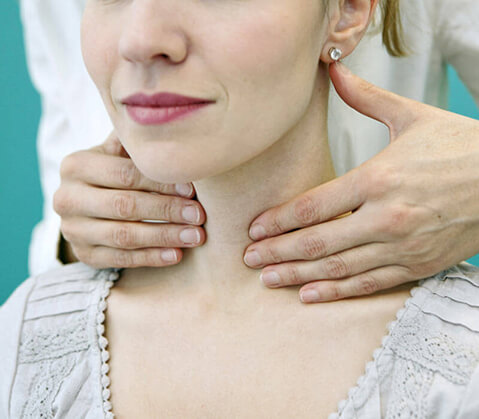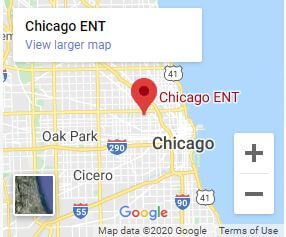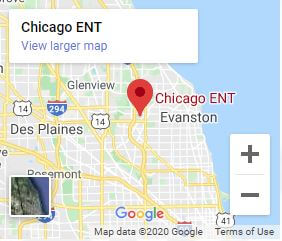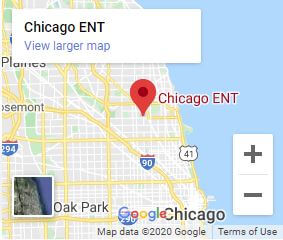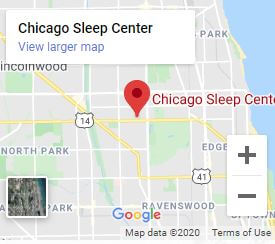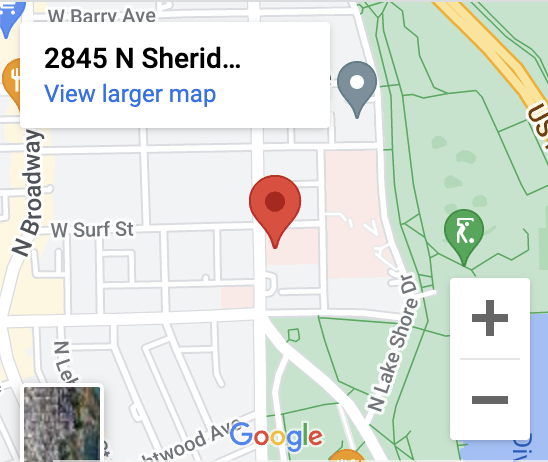Tossing and turning all night? Suffering from insomnia won’t only cause you to wake up tired, but it could increase your risk of developing hearing loss.
What’s more, if you already suffer from the symptoms of tinnitus (ringing in the ears), insomnia can worsen these symptoms as well. Keep reading to learn why insomnia affects your hearing!
What is insomnia?
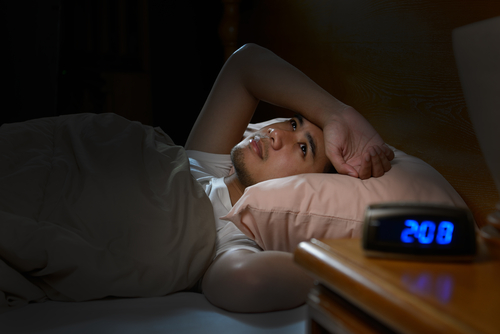
Before we can understand why insomnia affects your hearing, it’s important to know what exactly insomnia is. Insomnia is a sleep disorder. When you have insomnia, some of the most common symptoms include:
- Finding it difficult to fall asleep
- Finding yourself waking up in the middle of the night and being unable to go back to sleep
- Waking up too early in the morning
- Feeling tired or fatigued when waking up
If someone has insomnia, one common complaint is being unable to rest their minds for more than a few minutes. Insomnia may be caused by sleep apnea, parasomnia, or Gastroesophageal Reflux Disease, as well as any number of things like anxiety, stress, medications, or caffeine.
Insomnia and links to poor health
If someone is an insomniac, it would make sense that they may be in poor health. Having any kind of disorder that makes it hard to fall asleep or stay asleep is a recipe for disaster.
Sleeping is the time that the mind and body use to recharge and rest. Not being able to use this time to recharge results in feeling sluggish, tired, or exhausted.
Poor cardiovascular health=worse hearing
Insomnia causes poor blood circulation throughout the body, leading to poor cardiovascular health. Everything is connected, and your ears and cardiovascular health are no exception!
If you are not getting enough blood circulating through the body, it makes it more difficult for the tiny hair cells in the ear to work. These tiny hair cells detect sound waves and translate them into sound for the brain.
If you are in poor cardiovascular health, these tiny hair cells can undergo damage, leading to hearing loss.
Sleep apnea and hearing
Sleep apnea is a serious medical condition that affects millions of Americans. Sleep apnea occurs when breathing passageway frequently collapses during sleep.
This can easily become life-threatening, as it can cause a partial or complete blockage of the airway. If you know someone that snores, this is often a sign that something is wrong when they are breathing during sleep.
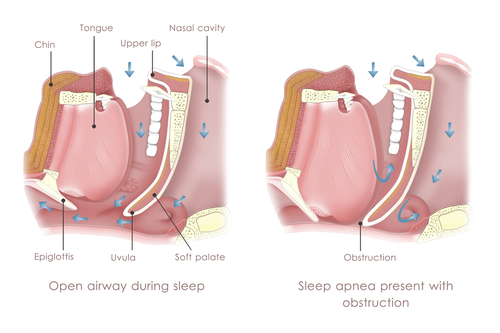
Snoring means that an airway is not properly open. The sound made during snoring indicates the body is making extra effort to force air through the narrowed passageway. So what do sleep apnea and snoring have to do with hearing and hearing loss?
A lot, actually. According to a study presented at the Radiological Society of North America (RSNA), people with obstructive sleep apnea may have more non-calcified or “bad” plaque in their coronary arteries. In other words, having this higher amount of bad plaque in their blood vessels could lead to further constricted blood flow.
This continues to affect the blood flow to the tiny hair cells and damages hearing. After all, about 43% of people with insomnia also have sleep apnea. Having sleep apnea and insomnia means that these patients could be suffering severe hearing loss and not even know it.
Insomnia makes symptoms of tinnitus worse
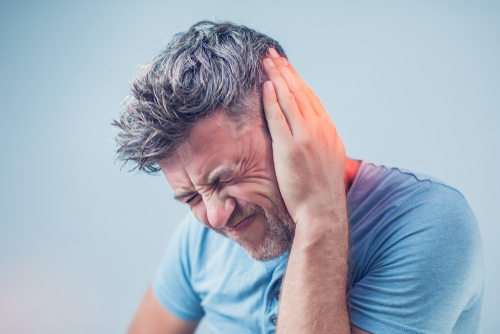
As if insomnia affecting your health and making you unable to sleep isn’t bad enough, it also makes symptoms of tinnitus worse. For the more than 36 million patients who have tinnitus, this is not good news.
If you’re not familiar with tinnitus, it’s often described as chronic ringing, buzzing, hissing, or clicking in the head and ears. Although the cause of tinnitus isn’t known, there are several conditions that are known triggers for tinnitus. These include:
- Wax build-up in the ear
- Being exposed to loud noises
- Some disorders like Lyme disease, fibromyalgia, hypo or hyperthyroidism, and thoracic outlet syndrome
- Sinus or ear infections
- Stress and anxiety
What can you do if you have tinnitus and insomnia?
If you have tinnitus and are experiencing worsening symptoms like insomnia, you should see a sleep specialist. At Chicago ENT, we’re Chicago’s premier ear, nose, and throat specialty center.
When it comes to sleep disorders like insomnia and hearing problems and tinnitus, we’re uniquely able to provide treatment for both. To determine the cause of your sleep issues, we will conduct a sleep study to analyze how you sleep.

Sleep studies monitor airflow from your nose and mouth, as well as your heart rate, leg movement, muscle movement, brain waves, oxygen levels, and eye movement. To take part in a sleep study, you will have to stay overnight at one of our sleep centers or an at-home sleep study.
Our sleep centers offer comfortable room environments from standard rooms to luxury hotel rooms. After taking part in a sleep study, our doctors will come up with the appropriate treatment plan for your sleep issues.
The important thing with conditions like tinnitus, hearing loss and insomnia is to treat them early. Earlier treatment means less time spent suffering on the part of the patient.
Looking for a good night’s sleep? Chicago ENT can help! Schedule a consultation with us in Chicago, IL now! If you have a health savings account or HSA, why not use them to pay for an appointment at Chicago ENT?
Funds from your HSA automatically roll over into the next year and never expire. They can be used to pay for qualified medical expenses, tax- free. Contact us today and get on the road to sleeping well again!





